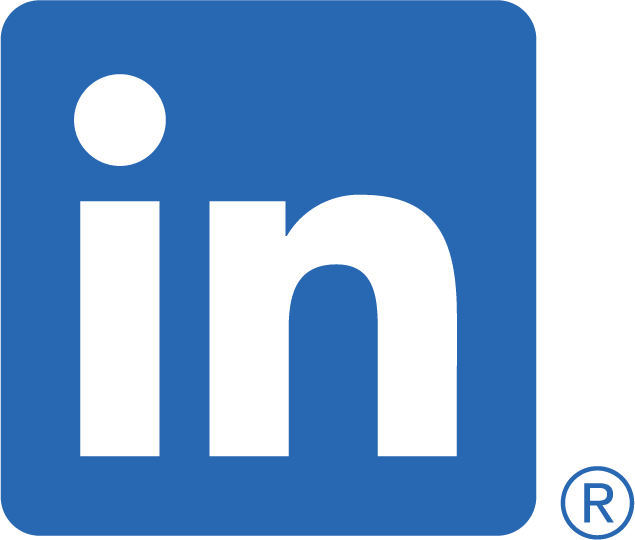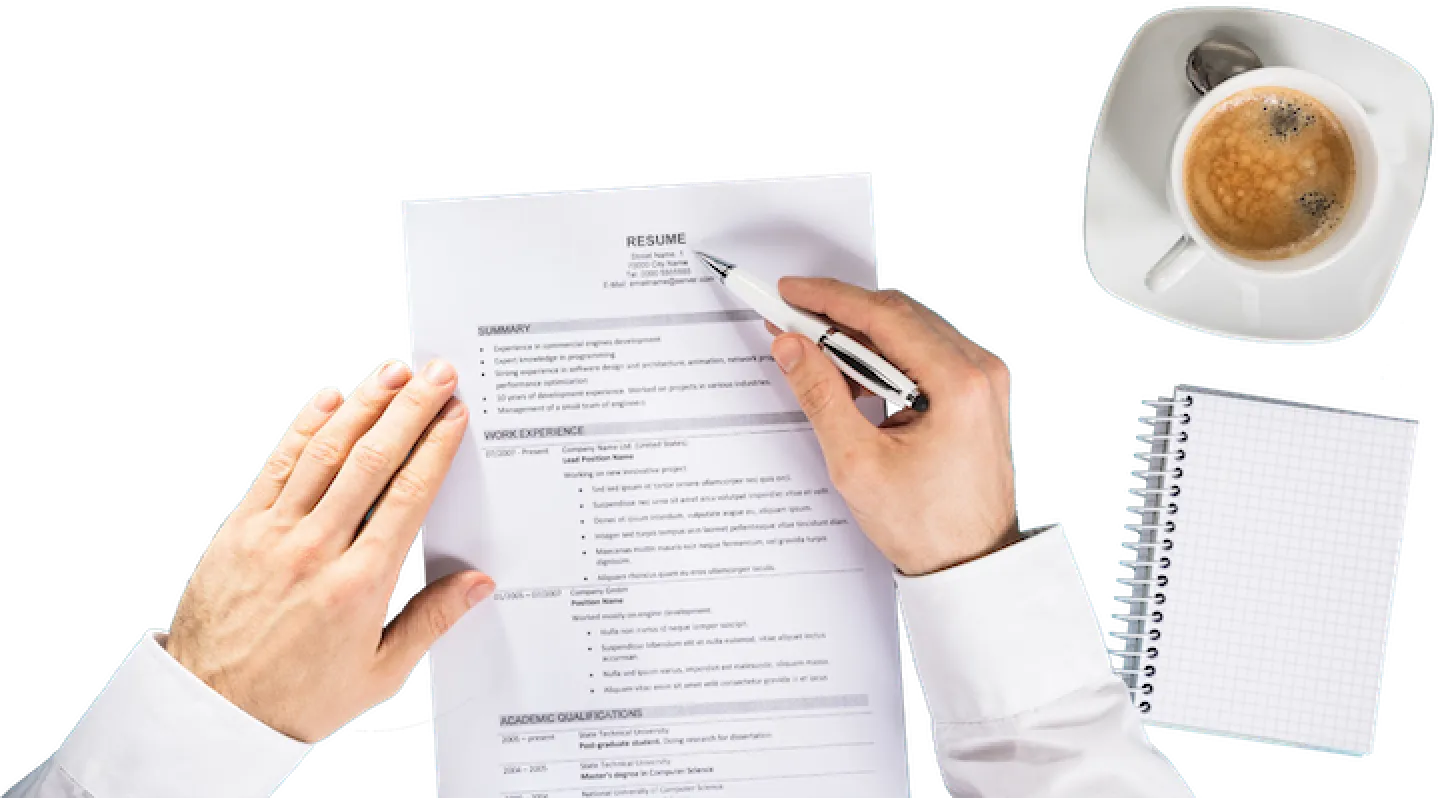Planning your annual leave for maximum mental health benefits
Workplace wellness shouldn't be overlooked. It contributes to not only your professional success but also your personal well-being. One key aspect to this is how you plan and utilize your annual leave. With strategic planning, you can maximize your annual leave for optimal mental health benefits.

🗓️ Understanding your Leave Benefits
Before jumping into planning, acquaint yourself with your company's leave policy 📑. Depending on your employer, you may have access to various types of leave - such as vacation, personal, sick, or even sabbatical leave. For example, some US companies provide a 20-day paid vacation leave, personal days for emergencies, and a few days for sick leave. Be clear about what's available to you and plan accordingly.
 Action item: Review your company’s leave policy in your employee handbook or speak with the HR team.
Action item: Review your company’s leave policy in your employee handbook or speak with the HR team.
🌍 Plan your Leave with a Purpose
Taking time off shouldn't be just about escaping work. It should be about rejuvenation, relaxation, and re-energizing yourself for what's to come💡. Plan out each leave with defined goals in mind. For example, if you're feeling particularly stressed, a tranquil vacation at a Canadian lakeside cabin could be what you need. Or if you're feeling burnt out, a staycation focusing on self-care might do wonders.
Action item: Identify what you need from your time off – relaxation, recreation, or rejuvenation?
📅 Timing is Everything
The timing of your leave can have significant impact on its mental health benefits. After all, timing is everything ⏳. If you can, try to plan your leave around less busy times at work. That way, you’re not leaving your colleagues in a lurch, or coming back to a pile of work. For instance, school administrators might find summer breaks less stressful, while accountants may prefer taking off after the peak tax season.
Action item: Look at your work calendar and identify potential 'low-stress' times for leave.
👥 Communicating your Leave
Don't be shy about declaring your time off – after all, you’ve earned it 📣. Ensure to communicate your leave well in advance to your team and your boss. This not only helps them plan better but also signals that you respect their time and workload.
Action item: As soon as you've decided your leave dates, send an email to your team and your boss notifying them of your leave.
Moreover, make use of automatic email responses and voicemail messages to let others know you're off the grid. Go a step further and provide a point of contact for any urgent matters. This way, you can truly disconnect and enjoy your time off without any work-related disruptions 🌴.
Action item: Setup an "Out of Office" auto-responder email, and switch on voicemail messages before you leave.
In conclusion, never underestimate the power of a well-planned leave. It's not just about the quantity of leave days, but also about the quality of your time off. With strategic planning and clear communication, you can maximize your leave for the ultimate mental health benefits, leading to greater productivity, longevity, and overall happiness at work. So, start planning your next rejuvenating break today, and reap the rewards all year long 🎉.





